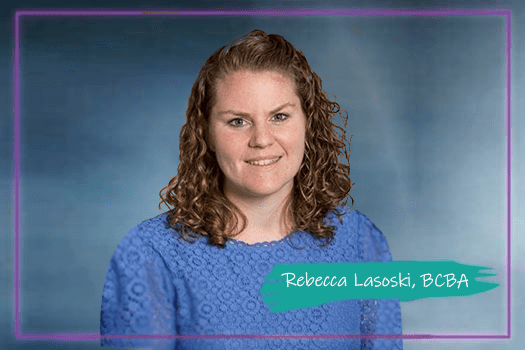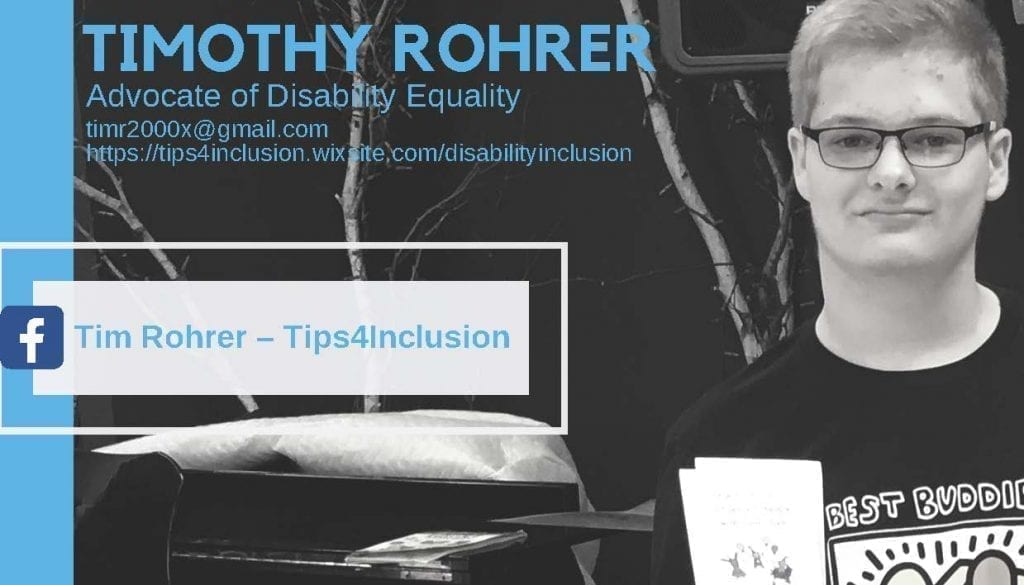Receiving an autism diagnosis can be a big shock for any family. Once you’ve had time to process the news, the coming weeks and months will most likely be taken up by researching what’s the most effective autism therapy for your child.
If you’ve already started this research, then you’ll know that the sheer amount of advice and treatment options out there can be overwhelming. But while there is a near endless amount of choices, ABA therapy is scientifically proven to be an evidence based best practice treatment.
How ABA therapy works
ABA treatment is based on proven scientific theories from the behavior field of psychology, including positive reinforcement and Antecedent-Behavior-Consequences (ABC). Essentially, ABA seeks to encourage desired behavior through a system of rewards and consequences.
Positive reinforcement
Positive reinforcement helps to encourage specific behaviors through rewards:
- An ABA therapist identifies a skill that requires improvement
- The skill is then taught to the child, and as the child engages in the desired skill they gain access to reinforcing items
- Over time, these rewards encourage the child to continue engaging in the targeted skills
Antecedent-behavior-consequences
This is a scientific model which helps us understand what triggers certain behaviors and how different consequences can affect whether it will happen again. An antecedent is what happens before a behavior occurs and a consequence is what happens afterwards. For example
- Antecedent: You ask your child to get ready for bed
- Behavior: Your child refuses
- Consequences: You lose your temper and your child gets upset
With ABA therapy, we can use this model of behavior to encourage a better outcome, such as:
- Antecedent: You ask your child to get ready for bed
- Behavior: Your child asks if they can finish what they’re doing
- Consequences: You let your child finish what they’re doing before bed time
Using DATA to track progress
ABA therapy is grounded in scientific principles. Therefore, the collection and use of data is vital in order to constantly monitor progress and optimize the treatment plan.
Data is used to carefully track outcomes from the above two approaches, as well as to monitor all behavior goals. Ultimately, all future changes and modifications to the treatment plan can then be based on data. The treatment plan can therefore be personalized to the specific needs of your child.
Is ABA scientifically proven?
Yes, ABA is scientifically proven to be an effective therapy for the treatment of autism. Both the US Surgeon General and the American Psychological Association consider it an evidenced based best practice treatment.
In addition to this, more than a dozen scientific, federal and state organizations have classified ABA therapy as a best practice approach to treating autism.
Over 20 studies have proven that ABA therapy delivered for between 1 to 3 years, improves outcomes for many children with autism. These improved outcomes include intellectual functioning, language development and social functioning.
What to find out more about ABA therapy?
We’ve written a wide range of resources to help parents discover more about ABA therapy, including:
- A guide to ABA therapy
- Insurance coverage for autism
- What to look for in an ABA therapist
- ABA therapy techniques you can use at home
Or if you would like to find out more about the ABA services we provide to children with autism, you can get in touch here.
Featured image photo by Maxime Bhm on Unsplash










